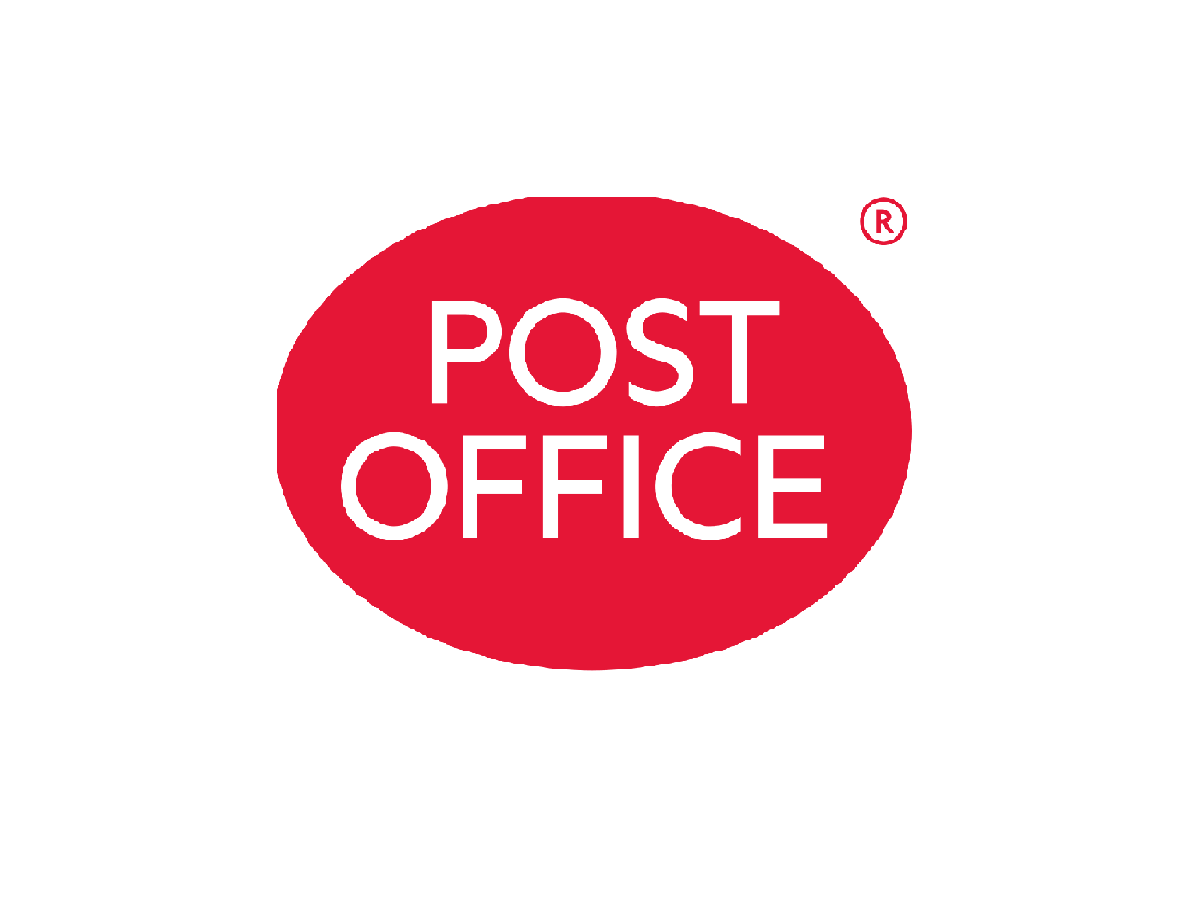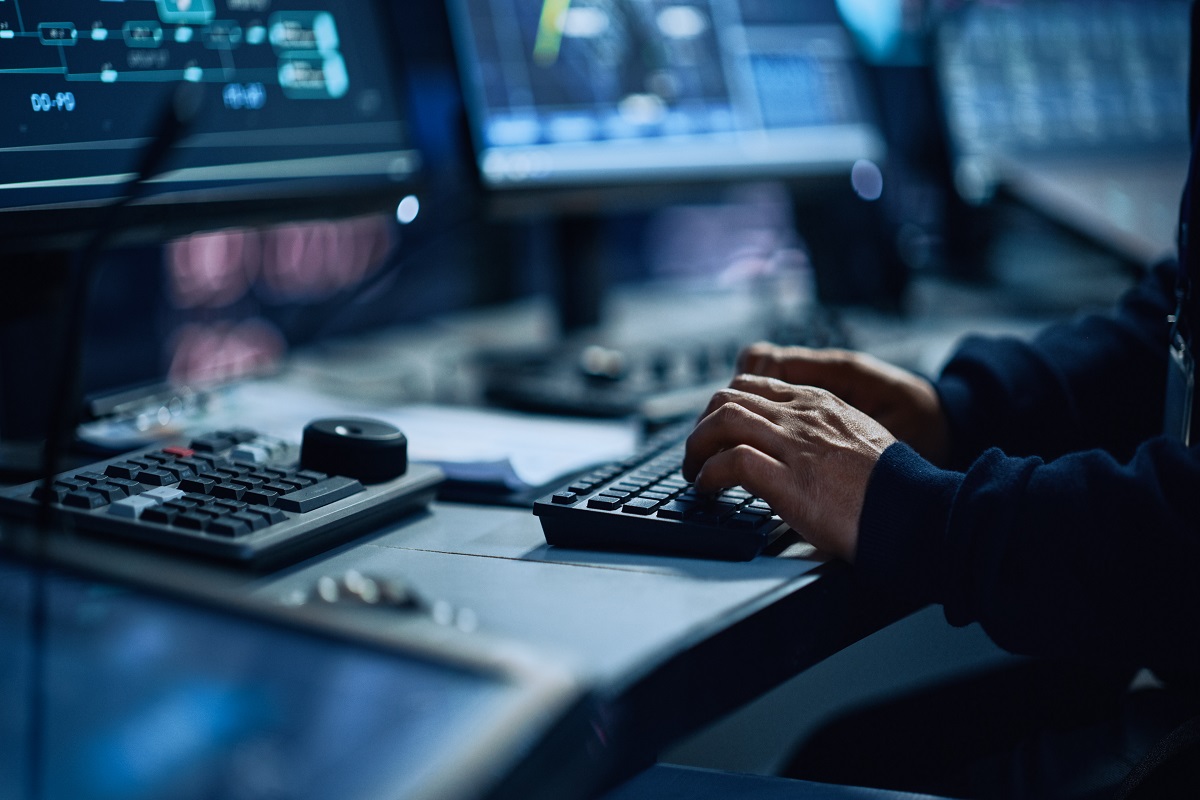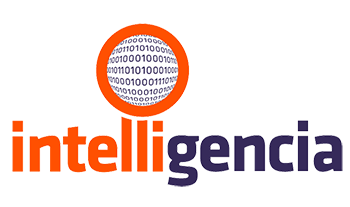
Post Office engages in Intelligence and Counter Fraud Investigation training
November 18, 2022
Mis, Dis & Mal-information: What are they and how can they impact on information collection and wider Intelligence Analysis?
January 16, 2023In May 2001 the Private Security Industry received Royal Assent, creating a mandate for the introduction of The Security Industry Authority (SIA) as the regulating body under the Home Office to issue individual licenses to the wider security industry. Whilst investigation in the private sector was included, it is yet to be implemented.
Should private sector Fraud Investigators require a license?
There has been some debate as to whether in-house Fraud Investigators would require to be licensed, but Intelligencia Training’s Senior Counter Fraud Trainer, Ralph Cockburn, describes this a ‘moot point’. Ralph explains that the purpose of licensing was to create enhanced protection of the public through increased trust and confidence in Investigators by reducing criminality, maintaining standards of probity, and improving the professionalism of all who work in the industry. It also aspired to the creation of a framework for developing, promoting, and spreading best practice across sectors.
During a criminal trial, tribunal, or civil hearing, neither the member of public under investigation, nor the court, should expect a lower standard of investigation dependent on the sector or industry the Investigator works in; potentially their privacy could have been unlawfully invaded, or evidence which could prove their innocence could have been suppressed or hidden. A bad investigation by an incompetent Investigator can lead to their business being ruined or can cause severe reputational damage to the global commercial organisation they work for.
How can we ensure private sector Fraud Investigators conduct investigations lawfully and with transparency and credibility?
Those in the Private Security Industry have a duty to ensure that individuals who delve into the personal lives of others do it lawfully, transparently and with credibility. It should not matter whether the investigation is civil, criminal, regulatory, internal or for intelligence purposes, every individual involved in investigation activities should be aware of, and adhere to, legislations and regulations where legally bound to do so. Where they are not, they should be adhering to the spirit of these laws and regulations. Legislation such as the CPIA, RIPA, Human Rights Act and Data Protection laws ensure that investigations are conducted ethically, and that information obtained is lawful, proportionate, appropriate, and fair.
The Security Industry Authority Act defines regulated activities as any surveillance, inquiries or investigations that are carried out for the purpose of:
- Obtaining information about a particular person, or about the activities or whereabouts of a particular person
- Obtaining information about the circumstances in which, or means by which, property has been lost or damaged.
Should private sector Fraud Investigators require a minimum, approved qualification?
In 2011, enquiries led by Keith Vaz and Lord Justice Levenson turned the spotlight on investigative practices in the private sector. These enquiries made recommendation regarding licensing, which was endorsed by the then Home Secretary in 2013, highlighting that a critical requirement for an Investigation Practitioner was to “Have sufficient training and hold the approved qualifications”.
It is often questioned as to why all sectors and industries don’t require Investigators to have sufficient training and hold approved qualifications. To address the UK’s fraud problem head on, we need trained and competent Fraud Investigators who can conduct lawful investigations which will have a high chance of success when presented to decision makers or prosecuting bodies.
Organisations readily accept that fraud is such a problem, but they can’t take a Fraud Investigator off the shelf and put them into play. Having well-rounded knowledge on legislation and governance must be a given for Investigators to allow us to impart the knowledge that a qualified Investigator should be expected to have held earlier in the career of such an important role. Private prosecutions are conducted to criminal standards and Investigators must conduct investigations to same standard.
So, while there is no requirement for private sector Investigators to have any knowledge of the legislation, regulations, ethics governing lawful investigations, and individuals do not need to hold a minimum standard of qualification or have a criminal record check, would you be happy letting such an individual loose on your customers or members of the public?
We can ensure that Fraud Investigators are competent and able to conduct investigations with integrity and credibility by giving them the tools of the trade and the knowledge, skills, and behaviours to demonstrate a high degree of professionalism, trust, and confidence in the individual and the organisation.
Intelligencia Training is proud to be supporting the professionalisation of private sector Fraud Investigation through the delivery of the Level 4 Counter Fraud Investigator Apprenticeship Standard.
This innovative Standard was developed to provide a recognised and robust pathway for Fraud Investigators that would allow for parity across sectors and comprehensive development of all knowledge, skills and behaviours associated with being an effective and competent investigation professional.
For more information on the Level 4 Counter Fraud Investigator Apprenticeship Standard and how your organisation could utilise the programme through the Apprenticeship Levy, visit www.intelligenciatraining.com/counter-fraud-investigator or click here to book a meeting with our team.

